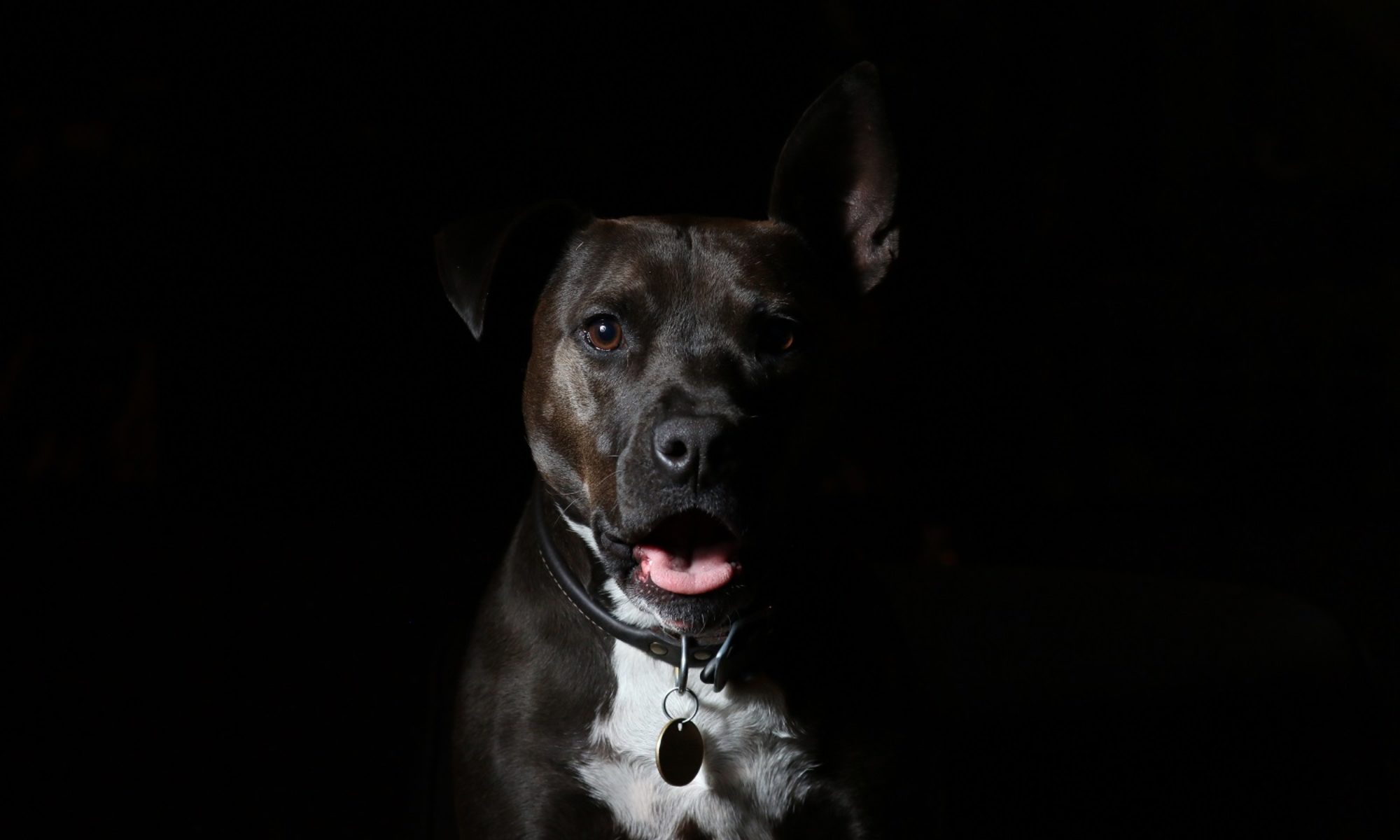
Most people normally interact with a puppy when it is somewhere between eight and 12 weeks old, but what happens before then, and even before birth, can affect a dog for the rest of its life.
It is generally accepted that in terms of social development, early, infantile experiences are more important in terms of their effect on adult behaviour than those occurring at other stages of life.
This blog outlines the key stages of development that occur between the pup being born through to three months.
Neonatal Period: birth to two weeks

During this period puppies spend most of their time sleeping. They are deaf, blind and are particularly susceptible to the cold because they have low body fat and have not yet developed the ‘shivering’ reflex. As such, they instinctively orient themselves towards a heat source. At this age, puppies have not yet developed a sense of touch, taste or smell. Their eyelids only open around 10 to 14 days.
During this period puppies should be handled carefully for 30 seconds a day, gradually building up to a few minutes by day 14. To help reduce stress, touch sensitivity, and reactivity to being held, gently feeling a pups ears, mouth, feet and tail should be encouraged.
Transitional Period: two to four weeks
During this period, the pups ears open and will begin to respond to loud noises. At this point it is helpful to expose them to common domestic sounds such as children, washing machines, and vacuum cleaners.
The eyes also become more responsive to light and movement. As such, pups begin to recognise and bond with littermates, other pets and humans.
At around 21 days, pups begin to walk, play, and explore their environment. It is useful to increasingly, yet systematically, make their environment more challenging during this period.
Socialisation period: four to twelve weeks

During the ‘socialisation period’, pups can see, hear, and move around freely. They intensively interact with their environment and fellow litter-mates and begin to bond with other animals and humans by learning body language and social signals. This is a golden opportunity to help the pup adapt to domestic life by providing positive experiences.
It’s not uncommon for pups to be fearful of unfamiliar people, particularly males. To help overcome this fear, pups should experience multiple new surroundings and frequent handling from varied and unfamiliar people, including children. Exposure to novel objects, a plethora of sounds, and grooming equipment should be carefully introduced, being mindful of not ‘over-stimulating’ the pup, increasing its fear response.
What puppies learn during the ‘socialisation period’ will greatly depend on the interactions and experiences they have during this time, and can be key to forging an adult dog’s personality.
Importantly, pups that practice undesirable behaviour during this period are more likely to express that behaviour as an adult. Ensuring positive experiences around other dogs will help buffer the pups if and when an adult dog reprimands them appropriately. This can help them learn to give other dogs personal space and exhibit balanced interactions without becoming fearful.
Twelve weeks and beyond
After 12 weeks, but before sexual maturity, dogs are commonly referred to as ‘juveniles’. The age at which a dog reaches sexual maturity will depend on the type of dog, with smaller dogs generally reaching maturity at an earlier age relative to larger dogs.
This short blog was based on a technical report submitted to “Think Dog Advanced – early learning in dogs”. The full technical report, with references, can be accessed by emailing the author at dannydecourtelle@rocketmail.com
